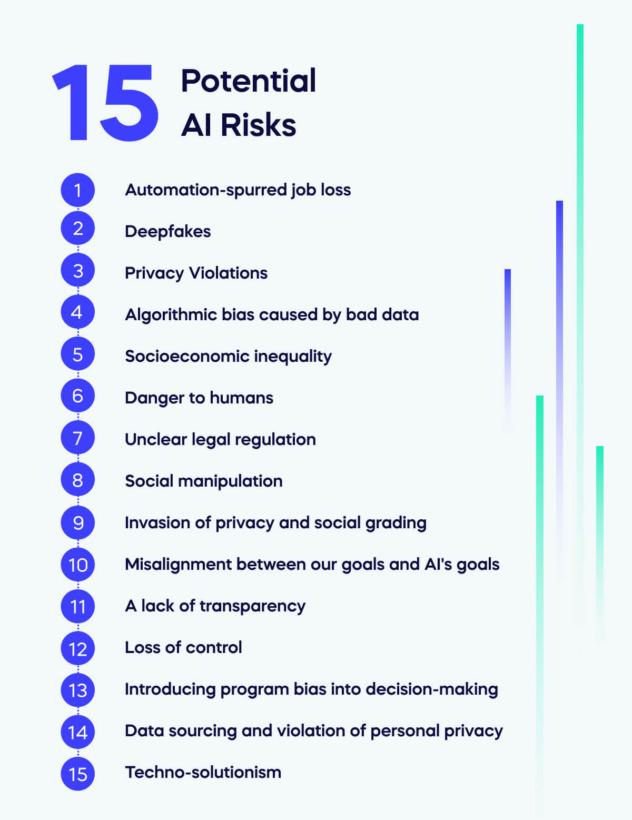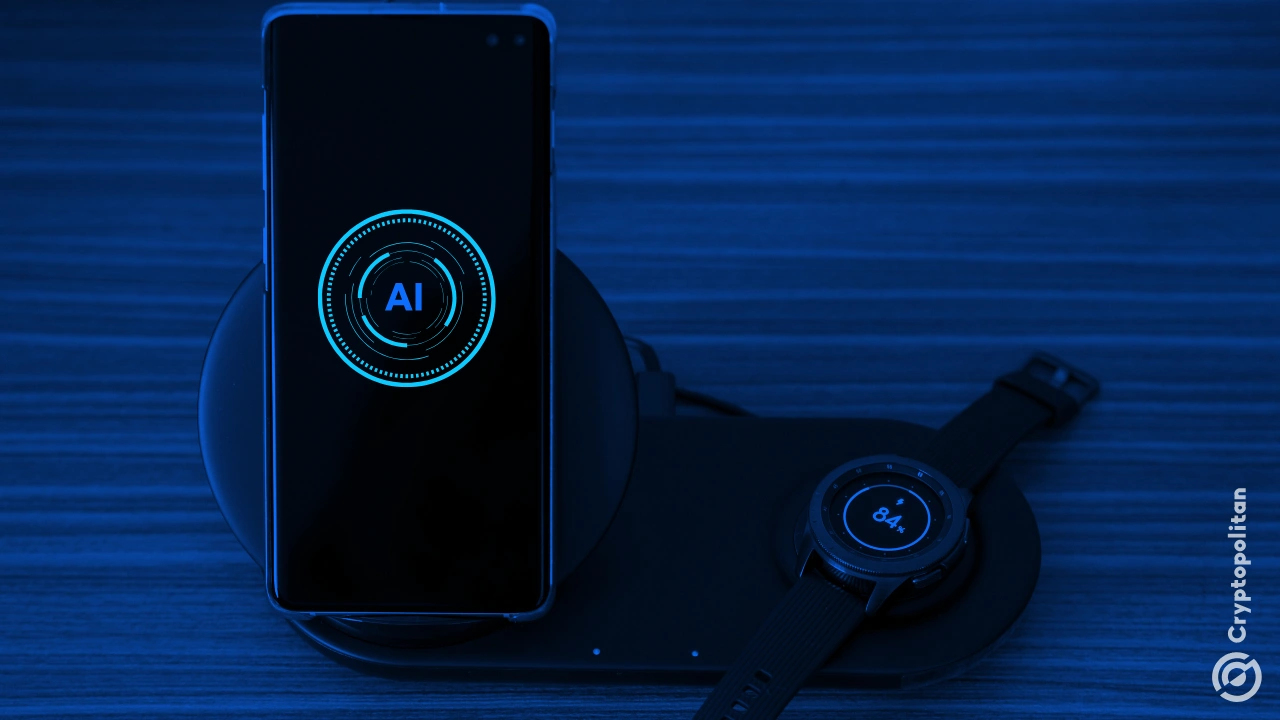At the Mobile World Congress (MWC), a groundbreaking alliance, the AI-RAN Alliance, was announced, poised to reshape the landscape of mobile networks and telecommunications. This strategic coalition brings together major players in the tech industry, including Amazon, Microsoft, NVIDIA, and Samsung, alongside leading telecom companies such as Ericsson, Nokia, SoftBank, and T-Mobile. The primary objective of this alliance is to leverage artificial intelligence (AI) to optimize radio access networks (RAN) and drive innovations in mobile connectivity.
Integration of AI in RAN technology
One of the key focal points of the AI-RAN Alliance is the integration of AI into RAN technology. By harnessing the power of AI, the alliance aims to enhance mobile network efficiency, reduce power consumption, and retrofit existing infrastructure to accommodate future advancements such as 5G, 6G, and network-edge AI capabilities. This integration is expected to revolutionize the way people interact with technology, particularly in the emerging era of 6G networks.
The alliance outlines three primary areas of research and implementation. Firstly, utilizing AI to advance RAN capabilities and improve spectral efficiency; secondly, integrating AI and RAN processes to optimize infrastructure utilization; and thirdly, deploying AI services at the network edge through RAN. With network operators like Ericsson, Nokia, SoftBank, and T-Mobile onboard, the testing and implementation of AI-powered RAN technologies are set to accelerate, paving the way for a smarter and more efficient future in telecommunications.
Industry leaders’ perspectives
Per Beming, VP and Head of Standards & Industry Initiatives at Ericsson, emphasizes the pivotal shift towards AI-driven RAN automation, highlighting the potential for enhanced operational efficiency and cost reduction opportunities. Beming stresses the importance of collaboration within the alliance to leverage relevant data and enable AI use cases that drive the industry forward.
Tommaso Melodia, William. L. Smith Professor of Electrical and Computer Engineering at Northeastern University, underscores the strategic collaboration’s significance in fast-tracking the development of new services and use cases. Melodia emphasizes the power of openness, softwarization, and AI integration in enhancing network performance, energy efficiency, spectrum sharing, and security.
Positive reception and future outlook on Mobile Networks
Alex Sinclair, Chief Technology Officer at the GSMA, welcomes the alliance’s shared ambitions to democratize the use of artificial intelligence in the mobile industry. The formation of the AI-RAN Alliance marks a pivotal moment in the industry’s evolution towards a more open, software-driven, and AI-integrated future, with significant implications for global communications.
The establishment of the AI-RAN Alliance represents a significant milestone in the ongoing evolution of mobile networks. By leveraging the collective expertise and resources of tech giants and telecom leaders, the alliance is poised to drive unprecedented advancements in AI-integrated mobile infrastructure. As the industry embraces this transformative journey, stakeholders can anticipate a future marked by enhanced efficiency, innovation, and connectivity in telecommunications.





